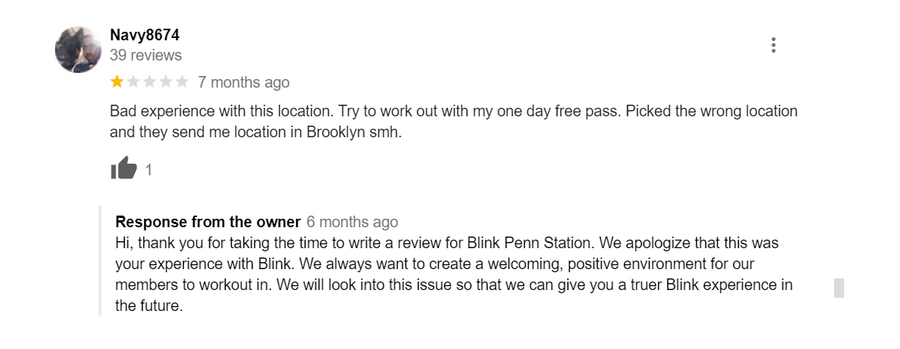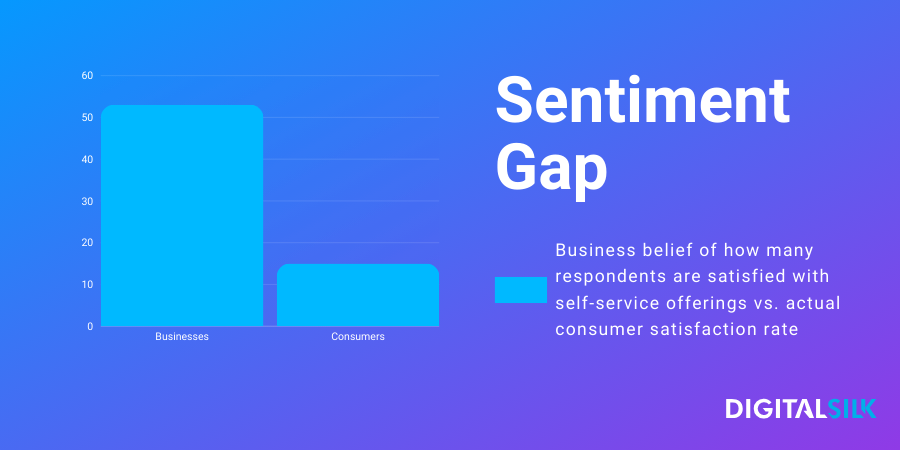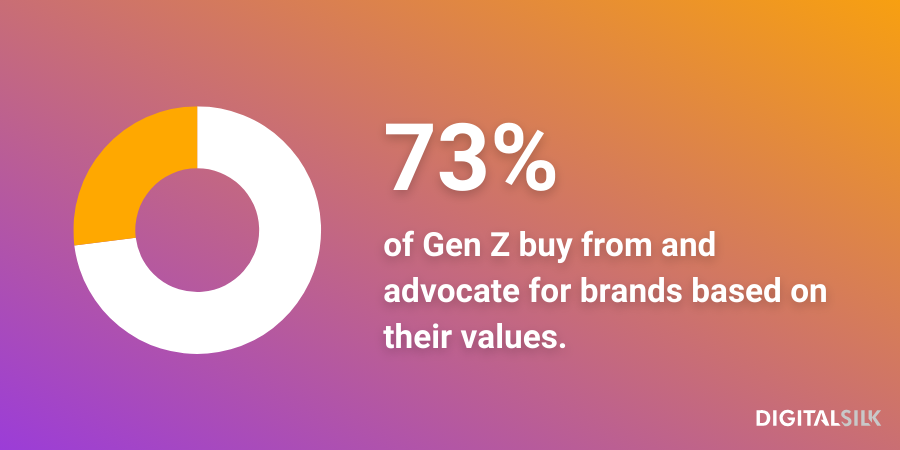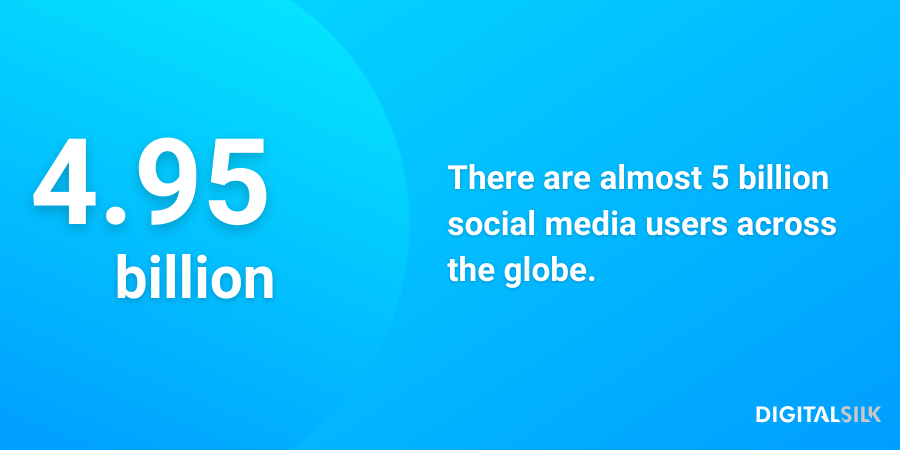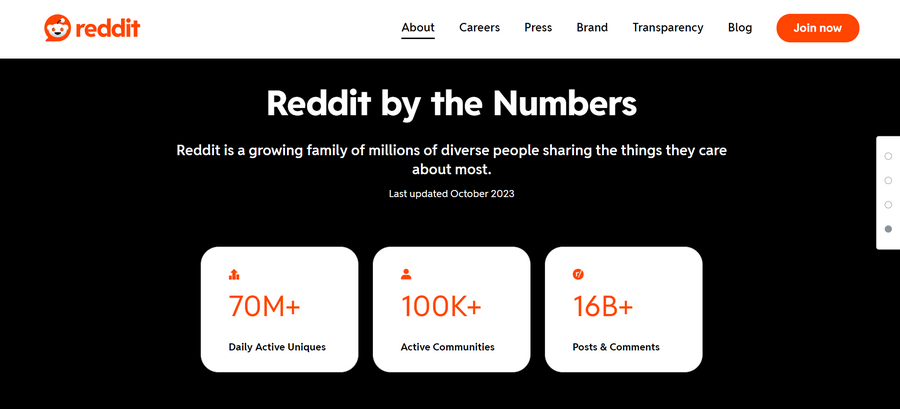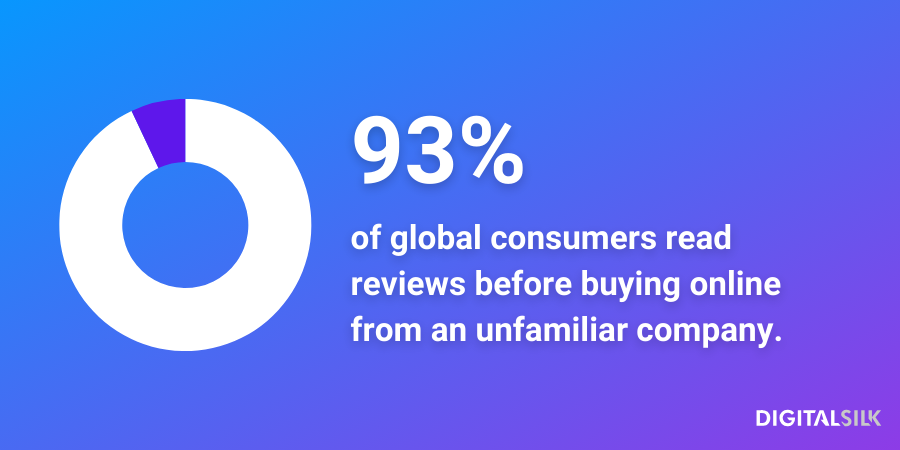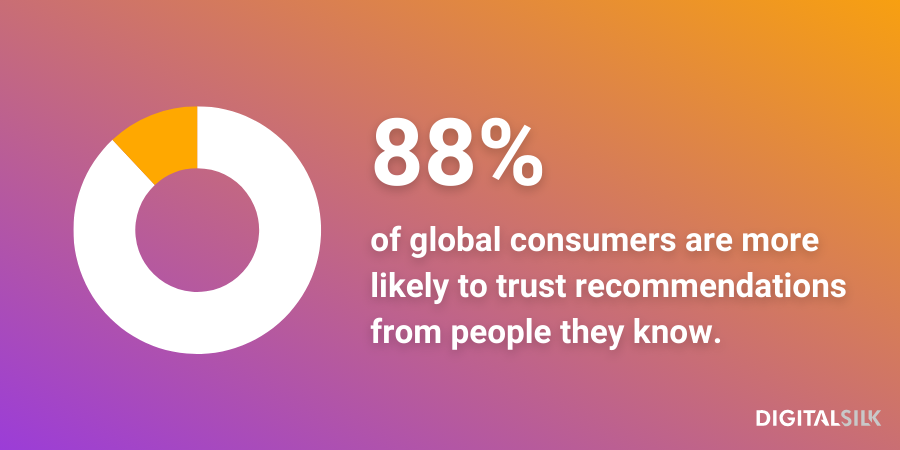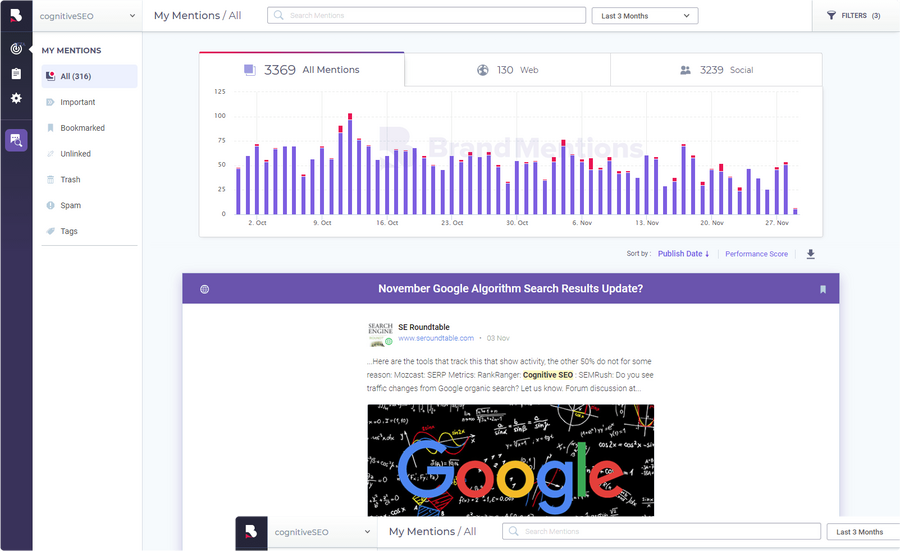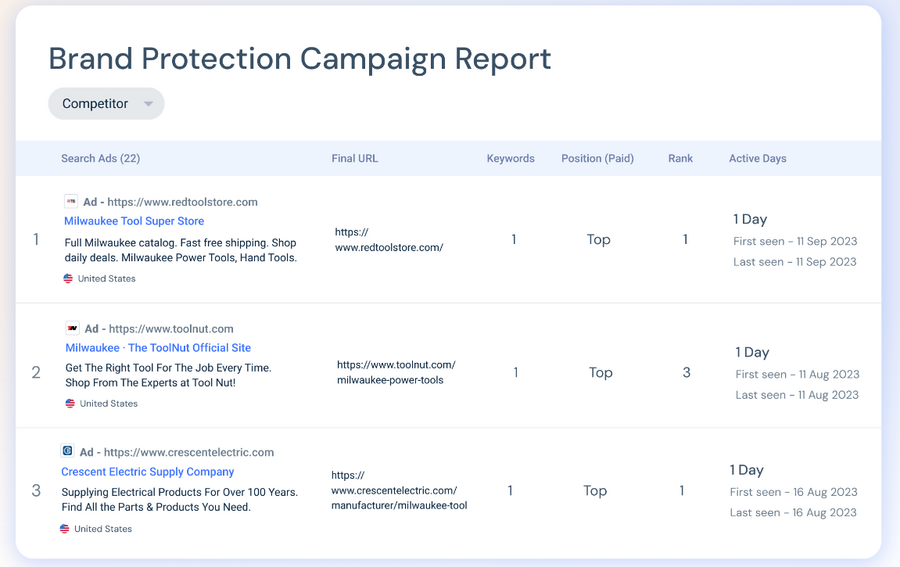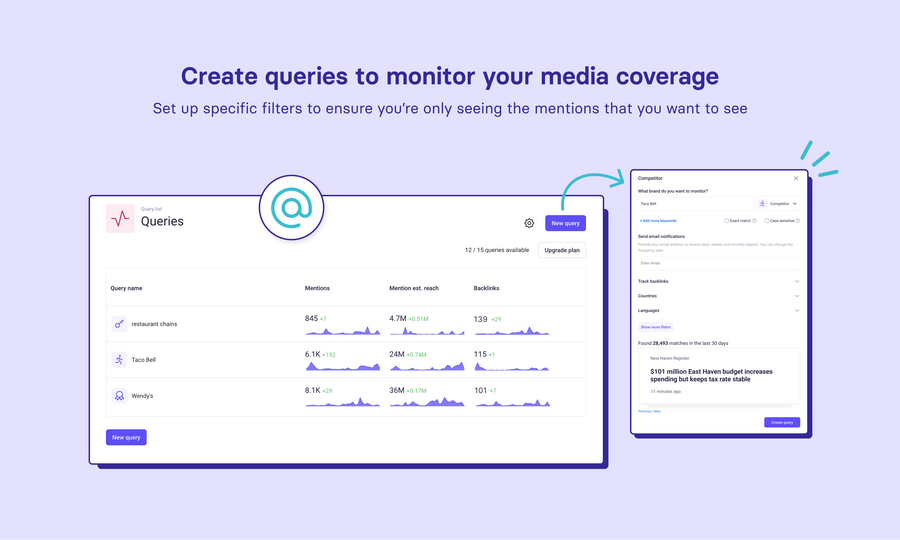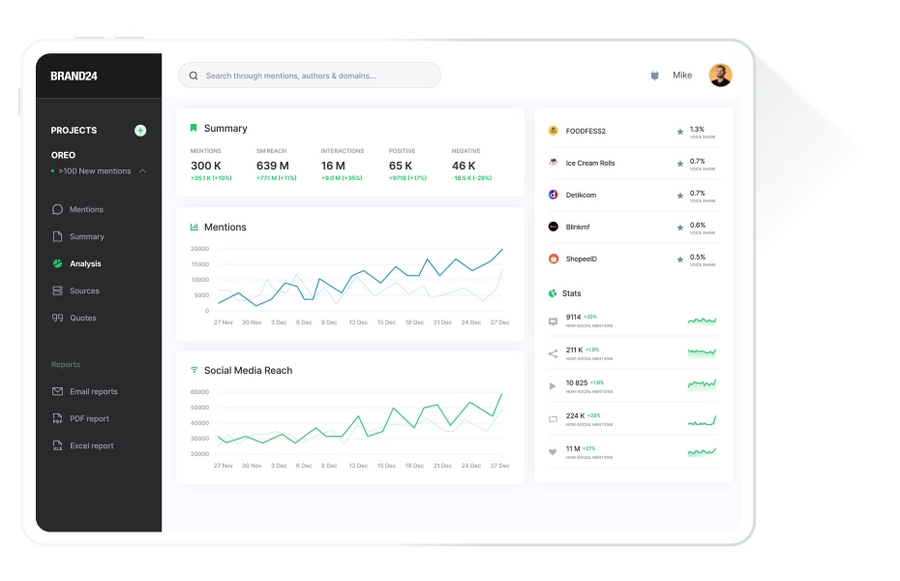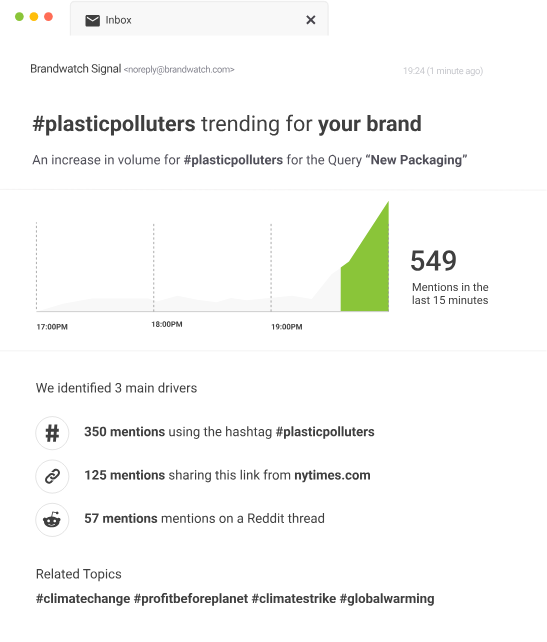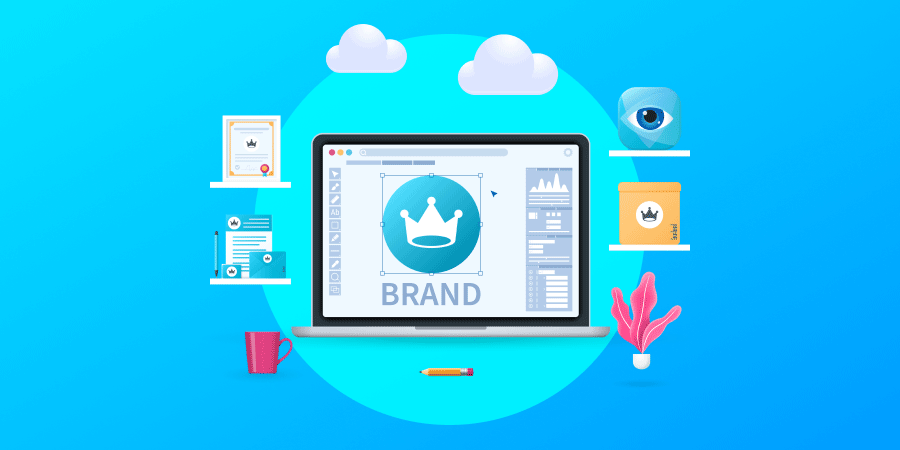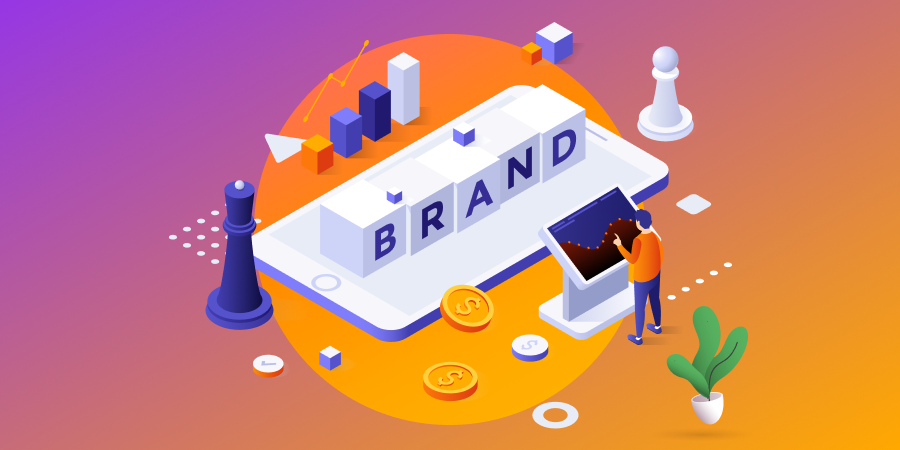A public petition for McDonald’s to stop using plastic straws hit nearly 500,000 signatures in 2018.
It was an extreme case of negative public sentiment, and the fast-food chain took note by rolling out paper straws across all its U.K. restaurants.
McDonald’s used brand monitoring to move with the times and manage its brand reputation.
But what is brand monitoring, exactly? Plus, how and where can you effectively monitor your brand?
Let’s find out below.
[ez-toc]
We deliver custom branding solutions. Request a Quote
What Is Brand Monitoring?
Brand monitoring is the process of tracking all mentions of your brand across various touchpoints and channels.
It gathers information on what people think about your brand, helping to create strategies that manage brand image, reputation and sentiment.
Why Is Brand Monitoring Important?
Using brand monitoring to understand what people are saying about your company is the first step to taking control and managing your brand image.
Specifically, brand monitoring can help you:
1. Manage Your Online Reputation
Your brand reputation matters, especially online.
One report found that 90% of online shoppers have chosen not to purchase from a company because of its bad reputation.
You can monitor negative mentions of your brand across digital channels to respond to negative feedback or promote your values, messaging and brand personality.
Take low-cost airline Ryanair, for example.
By responding to posts on X about the downsides of its budget air travel services with light-hearted memes and comments, Ryanair manages its reputation as a self-aware, cheaper travel option.
2. Address Pain Points
Whatever your industry, you have to deal with customer or audience pain points.
Tackle these issues swiftly, and you can maintain or improve customer satisfaction rates and eventual brand loyalty. Leave them unattended and customers will switch to competitors with superior user experiences, products or services.
Monitoring your brand gives you access to where your target audience are leaving their comments, whether individual support cases or overall criticisms.
Once you find these pain points you can respond to them, either immediately addressing problems or directing your audience to key contact points.
An example of pain point management is the Penn Station Blink Fitness gym.
The New York fitness center takes time to comb its Google reviews, sending custom responses that address the issues and help shape future strategies and improvements.
3. Analyze Audience Sentiment
Without brand monitoring, it can be difficult to know what your target audience really thinks about your services.
For example, one study found that 53% of U.S. and U.K. businesses believe their customers are very satisfied with their self-service offerings but only 15% of consumers agree.
By monitoring your brand sentiment across multiple touchpoints your business can realize the aspects that drive positive and negative associations.
This way, you can create a targeted plan that boosts audience sentiment through new service offerings, updated values or progressive strategies.
4. Build Customer Relationships
Did you know that 73% of Gen Z buy from and advocate for brands based on their values alone?
Trust, authenticity and customer relationships are key drivers in modern purchase decisions.
Monitor the social trends and societal issues advocated by your target audience on social channels and forums.
While your business will have existing values, your insights can help align your messaging and actions to better resonate with your audience members and drive customer connectivity.
5. Keep Tabs On Your Competitors
Brand monitoring isn’t confined to mentions of your brand.
You can extend your research reach to competitor and industry keywords, topics and trends.
This way, you can see how your competitors are successfully managing their brand reputation and what opportunities you can benefit from that they have overlooked.
Take U.S. fast food giant Popeyes, for example.
Its open Sundays ad took a swipe at rival Chic-fil-A, who often received online backlash for not opening for seven days a week.
By monitoring the situation, Popeyes found a customer pain point and addressed it with a clever advert.
Where To Monitor Your Brand Online
Monitoring your brand across as many channels as possible gives you a wholistic view of your brand reputation and wider industry trends.
While physical monitoring is possible, online touchpoints are far more accessible and easier to scan.
Some online channels to monitor include:
1. Social Media
Considering that there are almost 5 billion social media users globally, social media channels are a safe starting point for conversations about your brand or topics of interest.
Use social media to monitor:
- Conversations around your branded and industry relevant keywords
- Comments, reviews and mentions of your brand, products or services
- Engagement rates and interactions with your branded content
Key social media platforms include:
- X, formerly known as Twitter
- TikTok
2. Online Forums
Online forums are an important brand monitoring channel often overlooked by brands.
Communities like Reddit provide an alternative platform to social media for users to discuss all manner of subjects, including airing grievances about brands or commenting on products and services.
The stats shown below, notably that Reddit has generated 16 billion posts and comments, show how popular online forums are and, in turn, how relevant they are for tracking conversations relevant to your brand.
Use forums to monitor:
- Competitor and product comparisons
- User sentiment through upvotes, downvotes, comments and shares
- Pain points and user experience analyses
Key forums include:
- Quora
- 4chan
3. News Sites
58% of U.S. adults prefer to get their news digitally. That’s more than double any other channel.
The good news for brands is that digital news mentions are easier to track than physical mentions, with platforms and tools able to automatically scan digital publications for keywords or brand mentions.
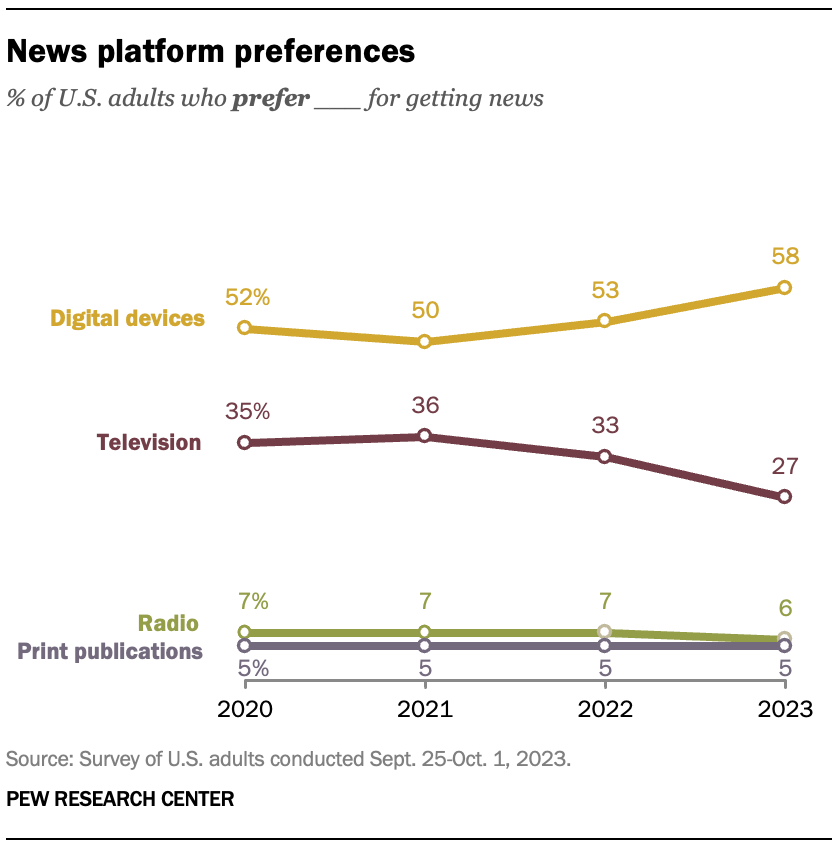
Use online news sites to monitor:
- Influential figure comments about your brand or competitors
- Trending stories or industry patterns
- Customer sentiment research or stories
Key news roundup sites include:
- Google News
- Yahoo News
- MSN News
4. Reviews Websites
Reviews are crucial for capturing new leads and turning them into loyal customers.
In fact, over 93% of global consumers read reviews before buying online from an unfamiliar company.
Use reviews websites to monitor:
- Negative comments to address
- Positive comments to utilize as testimonials or social proof
- Valuable feedback and insights about your company, products or services
- Common patterns in reviews that suggest a wider trend
Key reviews websites include:
- Google Reviews
- Yelp
- Glassdoor
- Capterra
- G2
5. Videos & Podcasts
Videos and podcasts often bridge the gap between content creator and listener, where listeners gain a sense of familiarity and connectivity with their favorite hosts’ personalities and views.
This makes videos and podcasts key drivers in the transfer of ideas from content creators to a trusting audience.
Considering that 88% of global consumers are more likely to trust recommendations from people they know, this makes videos and podcasts an important channel for your brand to monitor.
Use videos and podcasts to monitor:
- Influencer comments about your brand or market
- Product or service reviews
- Online trends in consumption or social attitudes
Key channels to find relevant videos and podcasts include:
- Social media (TikTok, Instagram, Twitter)
- Google Podcasts
- YouTube
Meet our experts. Schedule A Consultation
What To Look For When Monitoring Your Brand
Monitoring your brand takes more than simply entering your brand name into search across online channels.
Ensure effective brand monitoring by tracking these five core elements:
- Brand name mentions: Track brand mentions to find direct examples of public sentiment, where positive mentions guide improvements and negative ones offer valuable feedback.
- Product or service keywords: Monitor the keywords tied to your products and services to unearth opinions and trends, enabling you to optimize your services and meet audience expectations effectively.
- Competitor mentions: Keep an eye on competitor mentions to track customer sentiment of your competitors, follow industry movements and identify market opportunities.
- Industry buzzwords and trends: Stay updated on industry buzzwords and trends during brand monitoring to ensure your brand remains relevant, adaptable and aligned with what your target audience desires.
- Influential figures: Identify influential figures to see what they are saying about your brand and find enhanced collaboration opportunities, amplifying your brand’s reach and influence.
5 Online Brand Monitoring Tools To Streamline The Process
Brand monitoring tools are essential for your business to comprehensively monitor your brand online.
Five of the best brand monitoring tools include:
Tool 1. BrandMentions
BrandMentions is a comprehensive brand monitoring tool.
Its key features include brand monitoring, reputation management, competitor spying, media monitoring and business intelligence solutions.
With BrandMentions’ range of functionalities, such as social mentions, hashtag tracking and sentiment analysis, your brand can monitor mentions about any chosen topic across the internet.
Tool 2. Similarweb
Similarweb is a popular website traffic and analysis platform.
Its brand monitoring tool is packaged as a form of brand protection, where tracking your mentions and keywords helps safeguard your brand’s reputation.
The tool provides keyword monitoring, position tracking and competitor advert activity updates in automatic email updates.
This way, you can track the actions of competitors and counterfeits alike to inform your digital strategy steps.
Tool 3. SEMrush
SEMrush is another all-round SEO tool with brand monitoring capabilities.
Its brand monitoring product provides automated reports on social mentions, press hits and backlinks.
The tool allows you to track mentions, both of your brand and competitors, from various channels and personnel. Each hit is then analyzed with customizable metrics to assess its value.
Tool 4. Brand24
Brand24 is a dedicated social listening tool.
It can help you monitor your brand by tracking insights from over 25 million social media, news, blogs, videos, forums, podcasts and reviews sources.
Its brand sentiment algorithms and custom reports then build segmented insights into positive, negative and neutral mentions of your brand, providing AI-powered features like brand reputation scores.
Tool 5. Brandwatch
Brandwatch is a customer intelligence and social media management software provider, used by two-thirds of Forbes’ most valuable brands.
The customer intelligence tool first collects millions of relevant posts, comments and conversations across online channels.
Brandwatch then uses AI to segment and analyze its brand monitoring insights, before packaging the analysis into intuitive reports that can be shared or exported to impact your future brand strategies.
We deliver custom branding solutions. Schedule A Consultation
Manage Your Brand With Digital Silk
Brand monitoring is essential in managing your brand reputation and harnessing the power of audience connectivity.
By using detailed insights into your brand mentions, associations and perceptions, you can shape your brand strategy to boost trust and loyalty for your business.
As a full-service branding agency, we offer end-to-end solutions to build, manage and grow brands across industries.
Whether monitoring your brand across marketing channels, implementing data-driven branding strategies or creating captivating brand designs, we provide services that drive measurable results.
Our core branding solutions include:
- Brand strategy
- Brand naming
- Logo and style guide design
- Professional rebranding
- Package design
We also drive digital growth with web design, development and digital marketing services, meaning we can manage your brand’s entire online journey in-house.
For every project, we ensure:
- Project ownership
- Transparency
- Measurable results
Tell us about your branding project! Contact us, call us at (800) 206-9413 or fill in the Request a Quote form below!
"*" indicates required fields



